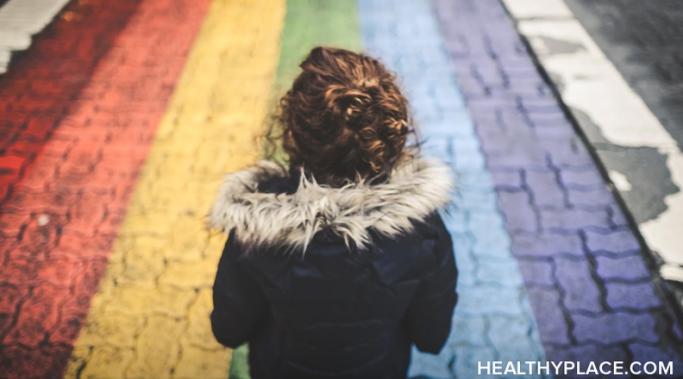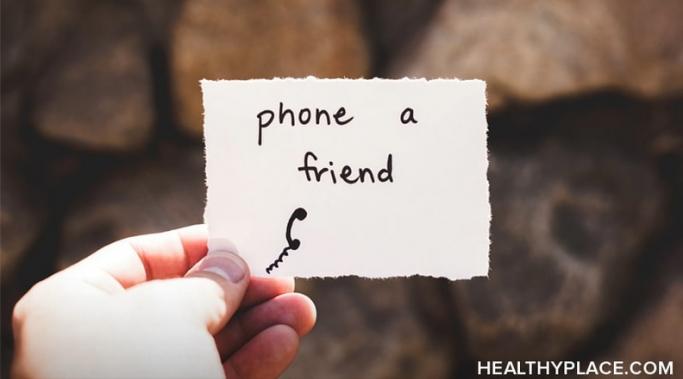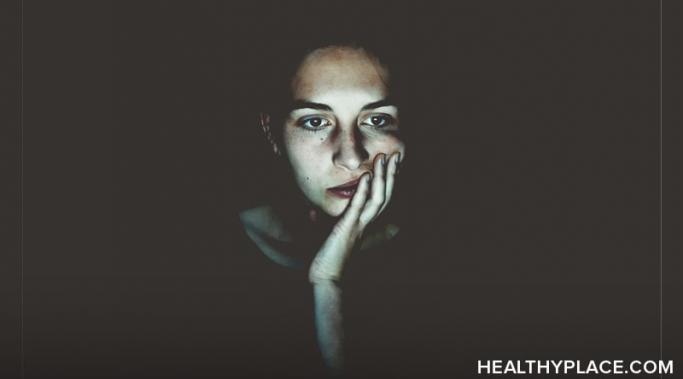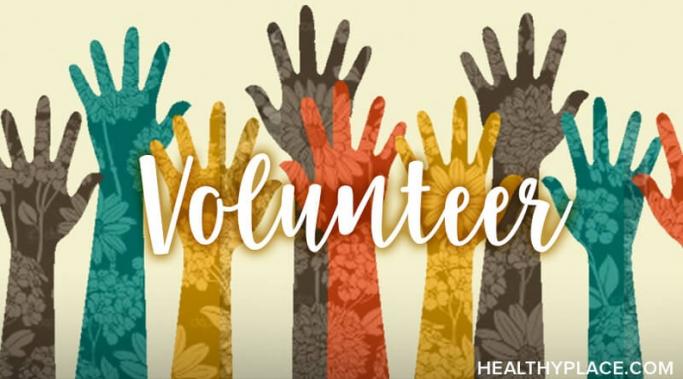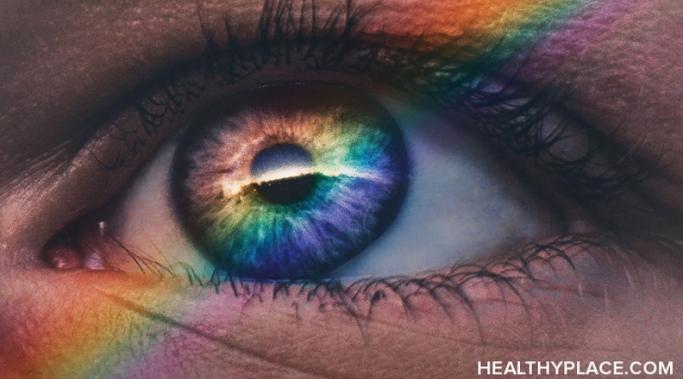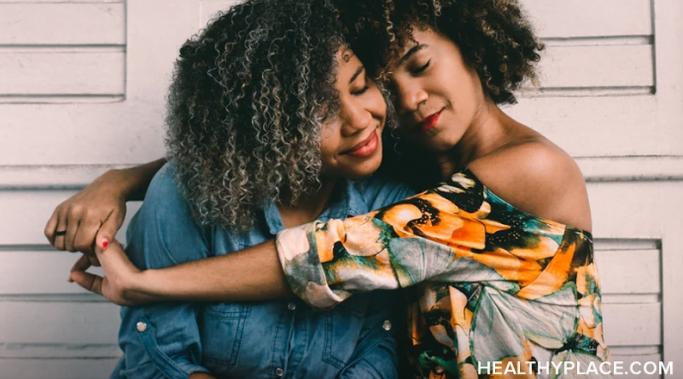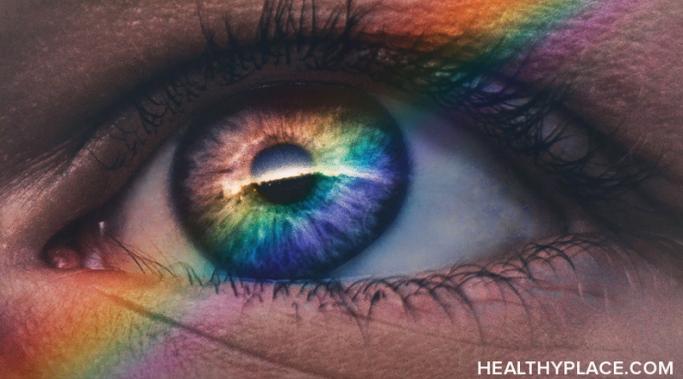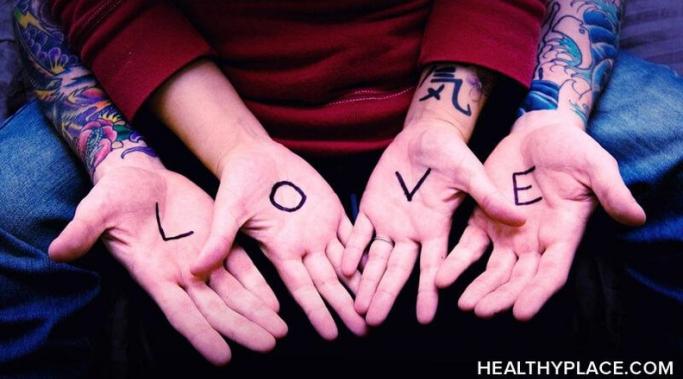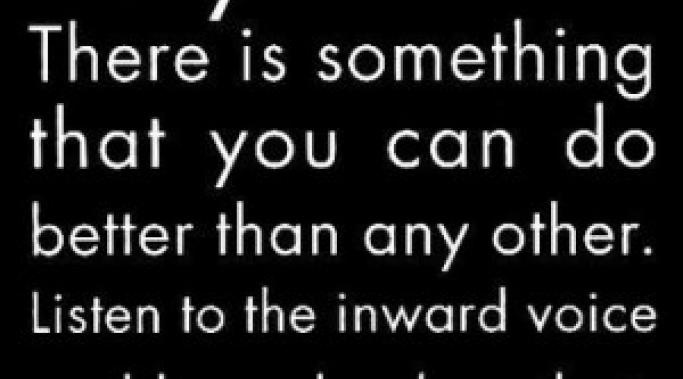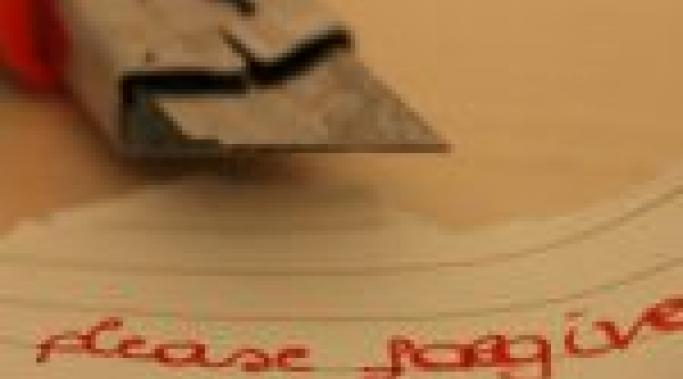I have identified as a lesbian for as long as I have battled anxiety. I came out to my family and friends 13 years ago, unaware that my sexual orientation would be one of the biggest triggers of my anxiety symptoms. Those in the lesbian, gay, bisexual, transgender, queer, intersex, asexual, etc. (LGBTQIA+) community who also have a mental illness face many obstacles regarding public treatment. The constant worry of judgment and non-acceptance when out in public can lead to heightened anxiety. Holding on to what we can control and educating others about our community can help calm this worry.
LGBT Social Life
My coping skills for anxiety used to consist of immersing myself in my community or visiting a friend. I would frequently mix and mingle with my community to lighten the burden anxiety would put on my shoulders. We are now six months into a pandemic that calls for us to isolate and distance ourselves from those who keep us grounded. This lockdown has led me to find creative ways to search out my community as I needed new coping skills for my anxiety.
I'm not alone in using video games like "Animal Crossing" to cope with my mental illness. Ever since the shelter-at-home orders back in February, gamers have been purchasing the Nintendo Switch faster than they can be physically made. Video games became a form of escapism, and what was once a pastime became a coping mechanism for those stuck at home. While I’ve been trapped in my apartment in this pandemic, no Nintendo Switch game has been more useful for exploring and coping with my mental illness than "Animal Crossing."
The murder of George Floyd sparked an unprecedented civil rights movement and has changed our country dramatically. The face of the Internet has been completely reshaped, and discourse about racism is at the forefront of all of our conversations. Sometimes, especially for the mentally ill, the amount of information whizzing by is overwhelming.
Life as an autistic transgender person was complicated almost from the beginning. As an undiagnosed autistic child, I hadn't considered that there was anything different about me until my sister started pointing it out. Growing up with an opinionated sister telling me what to wear, how to hold hands with boys, what sports to play, and how to act taught me how to camouflage my more autistic traits and keep my queerness to myself. How could I be queer, transgender, or different when I was so busy trying to be well-liked?
I believe in the importance of self-care, especially for lesbian, gay, bisexual, transgender, and queer (LGBTQ) people. But I wasn't always this way. In fact, until this past year, I'd heard about the self-care movement but dismissed it as "narcissistic" or "selfish." I also thought that I didn't deserve to take care of myself when I could spend that time helping others.
The more I've been a part of the lesbian, gay, bisexual, and transgender (LGBT) community, the more I've realized how complex attraction really is. One of my close friends is asexual, which means that while they're happily married, they don't experience sexual attraction. As an advocate for asexuality, my friend has met opposition in and outside of the gay community because so many people don't understand how this identity exists or falls under the LGBT spectrum.
Finding love as a transgender (trans) person is difficult. After recently leaving a long-term relationship, I've found myself back on the dating scene. Finding a romantic partner as a trans man isn't easy. Even the most affirming cisgender (a person whose gender conforms with his or her birth sex) people can have reservations about dating someone who's transgender. I don't blame people who aren't comfortable dating a trans person. Physical attraction is an important part of a healthy relationship and, if someone isn't attracted to my body, I understand that. But I also think it's important to recognize and eradicate transphobia in the dating scene to make finding a partner safe for everybody.
It's an unfortunate reality that people within the lesbian, gay, bisexual, transgender, questioning (LGBTQ) community have a harder time accepting and loving themselves. Society's message toward anyone who is not straight or cisgender (a person whose sex matches their gender) is often negative and harshly critical. Lesbian, gay, bisexual, and transgender people are seen as outcasts and freaks. I am pansexual and I have, in my history, felt like one of those freaks.
tneely
Hurting other people, especially those we love, is inevitable. Living with mental health issues like Bipolar Disorder, PTSD, Depression, Addiction and other mood altering conditions, means we will also have to live with the fact that we hurt other people with greater frequency and sometimes with greater depth than those who are not. So if we are going to have healthy relationships, learning to acknowledge our slights and ask for forgiveness is essential.
